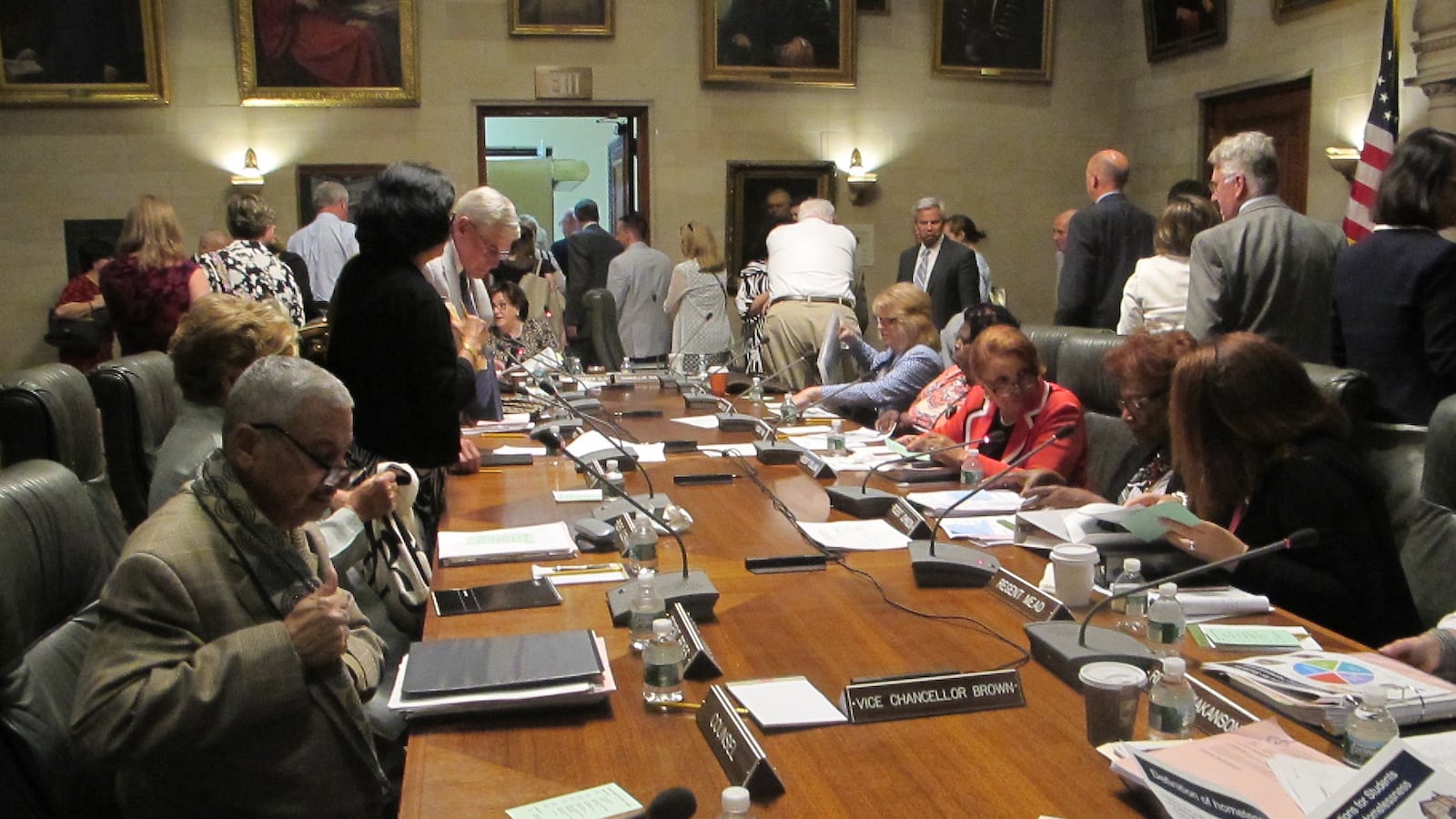New York’s definition of what makes an effective school is starting to come into focus.
Under the country’s new federal education law — the Every Student Succeeds Act — states have more flexibility when it comes to deciding which schools are performing well and which need a boost.
On Monday, the state inched towards an accountability framework by releasing a list of 36 “high-level concepts,” which provide slightly more clarity on which tests, subgroups of students, and graduation requirements the state could prioritize under the new law.
“New York state must create a responsive accountability plan that reflects the many issues that impact our schools and communities, and we must use a broader scope of indicators to measure our schools,” said Chancellor Betty Rosa.
To kick off the state’s implementation of the new law, officials released 20 guiding principles this July, which served as a set of broad possible goals, such as the principle that schools should encourage advanced coursework or provide multiple graduation pathways.
The concepts unveiled Monday offer a slightly more concrete picture. For instance, in order to incentivize schools to offer more advanced coursework and push students beyond proficiency, officials would allow middle schools to offer Regents exams in lieu of seventh- or eighth-grade math exams and give all schools extra credit if students score at an advanced level on standardized tests.
These measures are still drafts and will go out for several rounds of public comment. State Education Commissioner MaryEllen Elia said New York will likely try to submit a formal accountability framework by July.
Still, in their current form, they read a bit like a wish list to Regent Judith Chin, who wondered whether there is enough funding to make them a reality for schools.
“We might be creating more unfunded mandates that the schools cannot absorb,” Chin said.
Here are some of the key ideas, which can be found in full here.
Academic proficiency: The state is still focused on whether students are academically proficient, suggesting that under this new accountability framework, they will give “full credit” to schools when students are scoring at the proficient level on state exams. But they also want to create a “partial credit” category for schools when students score just below the proficiency level.
Subgroups of students: Many of the principles relate to how the state will support subgroups of traditionally needy students, such as English Language Learners and students with disabilities. In addition, the state wants schools to strengthen early intervention strategies for groups such as homeless youth, LGBTQ youth, and those in foster care.
Teacher support: A set of concepts dives into supporting “excellent educators,” including creating a mentoring requirement for first-year teachers.


